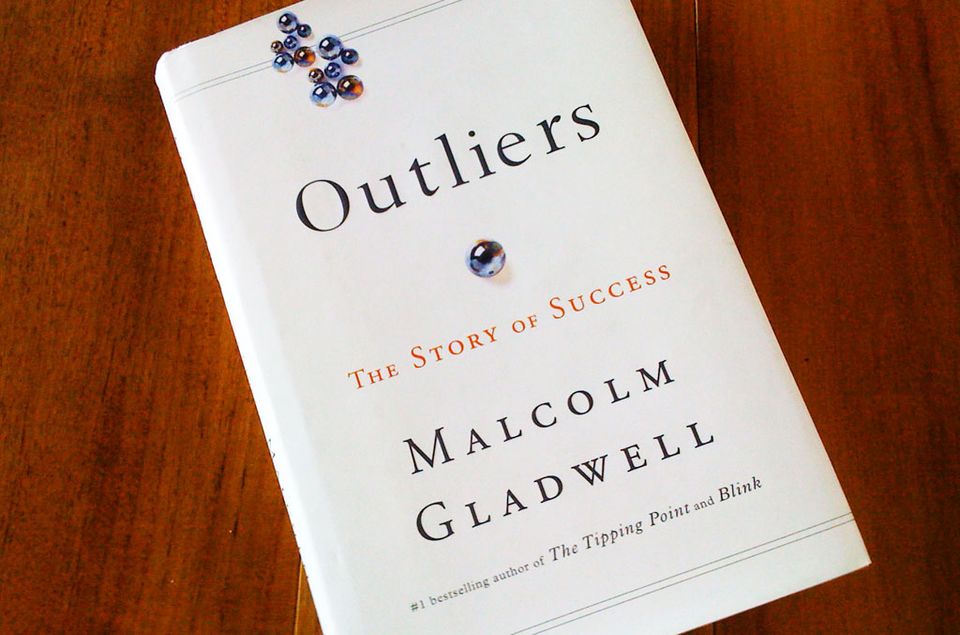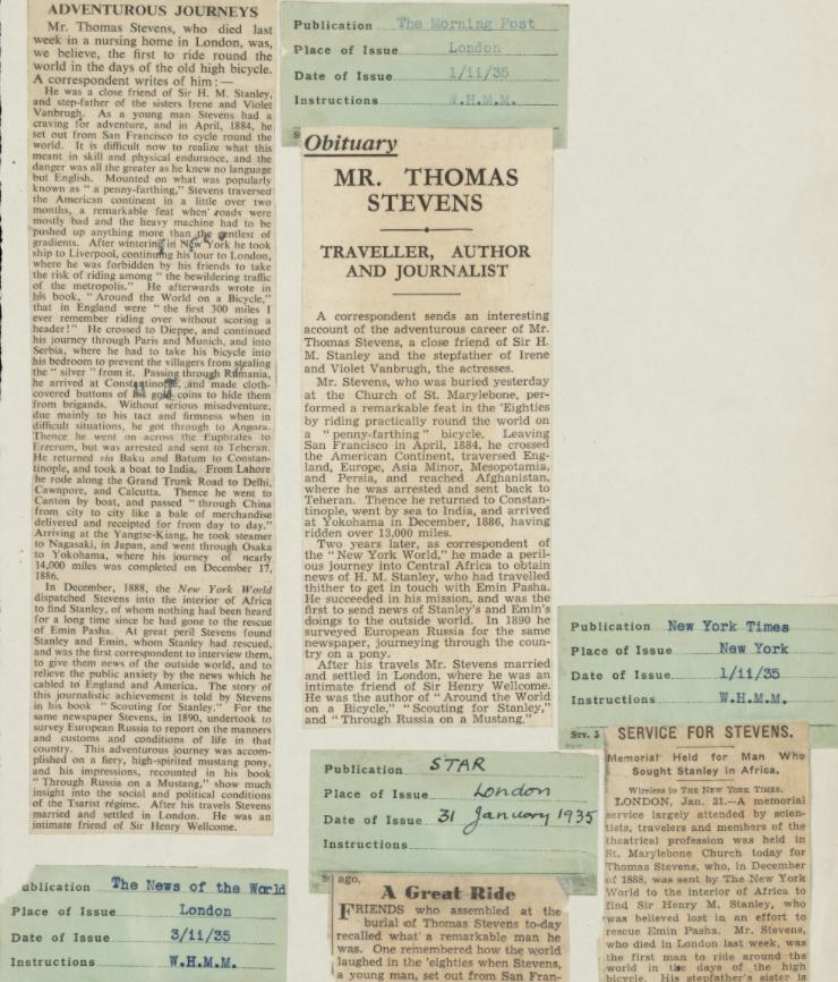My mother worked as a school teacher in Passaic, New Jersey. She needed to be at school by 6:30 am, so she would drop my sister and me off at our grandparents’ house every morning for an hour before my grandmother would drive us to school. My grandparents were strict Dutch Reformed, that meant there was no TV, no radio, no books, or magazines to speak of. Just a stack of blank 8.5 x 11 paper and a lot of pencils.
In the third grade I created a character called “Billy the Boarder” who I realize now was a knock-off of Bart Simpson (though I wasn’t allowed to watch The Simpsons). I started to draw Billy every morning at my grandmother’s dining room table. Then I started creating little stories starring Billy. Then entire comic books. By the fourth grade I had my own quarterly magazine called “Cooked.” It, too, was a knock-off, this time of “Cracked,” in which I would write and illustrate parodies of popular movies and television shows. My mother would photocopy the magazine at her school and I would sell copies to my classmates for fifty cents.
Then I started developing various superheroes and fantasy characters: M.A.S.K. (mad about stopping krime) and Chronicles of the Warriors (think Groo meets Monty Python). I even developed a superhero team consisting of the nine boys in my fifth grade class using our various attributes as superpowers (for example, Michael Osbourne was really skinny, so he became Two-Dimensional Man and I was tall for my age, so I became Giant Man).
I wrote for one hour every morning, 180 days each year, for six years. That adds up to 1,080 hours. I never really thought about this until I read Outliers by Malcolm Gladwell. Perhaps one of the strongest elements of American culture is the idea that if we just work hard enough, we have the opportunity to succeed at whatever we set our minds to. But in Outliers, Malcolm Gladwell delivers a serious challenge to this ideal. He argues that, yes, hard work is an obvious necessity for success, but that special opportunities and cultural legacies play a huge role in virtually every success story.
In the Opportunity section, Gladwell digs into different “success stories.” Prompted by questions like, “Why are a disproportionate number of professional hockey players born in January?” and “Isn’t it funny that Bill Gates and Steve Jobs were born just seven months apart?”, Gladwell uncovers unique opportunities and historic advantages that led to their success. Of course they had to work hard to take advantage of these opportunities, but someone with similar talent may have fallen through the cracks for lack of the same opportunities.
In the Legacy section, Gladwell looks into the influence of cultural legacy on success, walking a fine line between trend and stereotype. For example, I felt a little uncomfortable as he tried to explain why all the successful law firms in New York seem to have Jewish names. But as he dug deeper into the Jewish-American experience, going back several generations, Gladwell demonstrated how it was the racist exclusion of Jews from old-boy law firms that actually set up young Jewish lawyers for success during the rise of “hostile takeovers” among corporations during the 1970s.
“It’s interesting,” I said to my friend who had recommended the book, “how he shows the way all these really successful people had these special opportunities or unique circumstances that led to their success.”
“Yeah,” he said, “but it also kind of sucks because I’m thinking, ‘What if I’m not one of those people?'”
In one sense, the book can be depressing. You might wind up asking yourself, “What if I have the wrong background? What if I was born at the wrong time?” But in another sense, the book is encouraging. Bill Gates, the Beatles, and professional hockey players all have one thing in common: 10,000 hours of practice. Gladwell shows that statistically speaking, if you practice anything for 10,000 hours, regardless of your so-called “talent” in that field, you will be successful.
As a struggling writer, this is exciting – especially considering the 1,000-hour jump I’ve been given by having a mom who had to work early and a grandmother who believed watching television was a sin.

This article originally appeared on Patrol, an independent daily magazine where young writers explore their interactions with art, culture, politics, and religion.




